The Jewish diaspora and religious interactions in the Roman Empire
The Roman Empire of the first centuries BCE and CE was a dynamic arena of cultural and religious interaction, where diverse traditions encountered and influenced one another. Within this complex environment, Judaism occupied a unique position, both as an ancient monotheistic tradition and as a religion with a significant diasporic presence. The interactions between Judaism and other religions during this period not only shaped Jewish identity but also set the stage for the emergence of Christianity.

Paths of Jewish expulsion and deportation in antiquity. Red: Deportation of the Israelites by the Assyrian Empire (740 BCE), Violet: Babylonian Exile (587 BCE), Yellow: Spread into the Hellenistic world after the destruction of the Second Temple (70 CE). Source: Wikimedia Commonsꜛ (license: CC BY-SA 4.0)
Judaism in the Roman Empire: A context of religious diversity
The Roman Empire was home to a rich set of religious traditions, encompassing Greco-Roman polytheism, mystery cults, Hellenistic philosophy, and numerous local and regional religions. Amid this diversity, Judaism stood out for its monotheism, covenantal theology, and distinct ethical and ritual practices. The presence of Jewish communities in major urban centers, such as Alexandria, Rome, and Antioch, facilitated encounters with these traditions, creating opportunities for both engagement and conflict.

Map showing the location of other synagogues in the Jewish Diaspora during the first two centuries CE. Source: Wikimedia Commonsꜛ (license: CC BY-SA 3.0)
The dispersion of Jewish communities, particularly after the Babylonian exile and during the Hellenistic period, resulted in a diasporic identity that balanced fidelity to the Torah with adaptation to local cultures. This diasporic experience was both a source of strength and a point of tension, as Jews navigated their relationship with surrounding religious traditions while maintaining their distinctiveness.
Interactions with Greco-Roman polytheism
Judaism’s encounter with Greco-Roman polytheism was shaped by both philosophical dialogue and political realities. While the Jewish rejection of polytheism and idolatry created theological boundaries, the intellectual and cultural exchanges of the Hellenistic world facilitated certain forms of engagement.
Philosophical dialogue and cultural exchange
The Hellenistic period saw the emergence of Jewish thinkers, such as Philo of Alexandria, who sought to harmonize Jewish theology with Greek philosophy. Philo’s writings, influenced by Platonic and Stoic thought, articulated a vision of God as a transcendent and rational being, aligning Jewish monotheism with the philosophical ideals of the Greco-Roman world. This synthesis not only enriched Jewish theology but also made it more accessible to Greek-speaking audiences.
Jewish ethics, particularly as expressed in wisdom literature, resonated with Greco-Roman philosophical traditions, emphasizing universal virtues such as justice, compassion, and self-control. This alignment fostered mutual respect and dialogue, even as Jewish particularism remained a point of distinction.
Tensions and conflicts
Despite these intellectual exchanges, tensions between Judaism and Greco-Roman polytheism were common, particularly in contexts where Jewish refusal to participate in civic rituals or worship the emperor was perceived as subversive. The Maccabean revolt (167–160 BCE) exemplifies the resistance of Jewish communities to forced assimilation and religious coercion, underscoring the limits of integration in a polytheistic empire.
Encounters with mystery cults and popular religions
The Roman Empire was marked by the popularity of mystery cults, such as those devoted to Isis, Mithras, and Dionysus, which offered initiates personal salvation, mystical experiences, and communal belonging. While Judaism rejected the polytheistic and ritualistic aspects of these cults, there were points of convergence in their ethical teachings and eschatological outlooks.
Similarities in ethical and eschatological themes
Both Judaism and the mystery cults addressed existential questions about life, death, and the afterlife, offering frameworks for hope and redemption. Jewish apocalyptic literature, such as the Book of Daniel and 4 Ezra, shares thematic parallels with the eschatological visions of mystery cults, reflecting a common human desire for cosmic justice and renewal.
Distinctiveness of Jewish monotheism
At the same time, Judaism’s strict monotheism and covenantal ethics distinguished it from the mystery cults, which often emphasized personal spiritual experiences over communal and legal obligations. This distinctiveness appealed to certain non-Jews, known as “God-fearers”, who admired Jewish monotheism and morality without fully converting.
Judaism and early Christianity: A complex relationship
The interactions between Judaism and other religions in the Roman Empire not only shaped Jewish identity but also created a fertile environment for the emergence of Christianity. Early Christianity, as a movement within Judaism, inherited many of its theological and ethical foundations while also engaging with the broader religious landscape.
Shared foundations and divergences
Christianity’s roots in Judaism are evident in its monotheism, use of Hebrew scriptures, and ethical teachings, particularly those emphasizing justice, compassion, and humility. The teachings of Jesus, as recorded in the Gospels, reflect a deep engagement with Jewish thought, including the prophetic tradition and wisdom literature.
At the same time, early Christianity adopted elements from Hellenistic philosophy and mystery cults, such as the emphasis on personal salvation, the concept of a divine intermediary (e.g., the logos), and the use of Greek as a lingua franca for theological discourse. These adaptations facilitated Christianity’s spread in the Greco-Roman world while also creating points of tension with Jewish authorities.
The role of the synagogue and diaspora
The synagogue, as a central institution in Jewish communities, played a key role in the spread of Christianity. Early Christian missionaries, such as Paul, often began their outreach in synagogues, engaging with both Jews and God-fearers who were familiar with Jewish scriptures and messianic expectations. This context provided a natural bridge for the development and dissemination of Christian theology.
Conclusion
Jewish interaction with Roman religions and Hellenistic thought had profound effects on both Judaism and the broader religious landscape of the Roman Empire. Through engagement with diverse philosophical and religious currents, Jewish communities demonstrated remarkable adaptability and resilience, ensuring the continuity of their tradition in a multicultural and often challenging environment. This dynamic engagement not only enriched Jewish theology but also played a pivotal role in shaping early Christianity and its eventual divergence from its Jewish origins.
While adapting to external influences, Judaism maintained its distinct monotheistic identity and covenantal ethics, which became foundational for its survival and vitality. The philosophical dialogue with Greco-Roman thought and encounters with mystery cults provided a fertile ground for religious and cultural development, setting the stage for the rise of Christianity and its subsequent spread throughout the Roman world.
References and further reading
- Feldman, L. H., Jew and Gentile in the Ancient World: Attitudes and Interactions from Alexander to Justinian, 1996, Princeton University Press, ISBN: 978-0691029276
- Goodman, M., Mission and Conversion: Proselytizing in the Religious History of the Roman Empire, 1996, Clarendon Press, ISBN: 978-0198263876
- Collins, J. J., Between Athens and Jerusalem: Jewish Identity in the Hellenistic Diaspora, 1983, Crossroad Pub Co, ISBN: 978-0824504915
- Levine, L. I., The Ancient Synagogue: The First Thousand Years, 2005, Yale University Press, ISBN: 978-0300106282
- Rajak, T., The Jewish Dialogue with Greece and Rome: Studies in Cultural and Social Interaction, 2000, Brill, ISBN: 978-9004112858
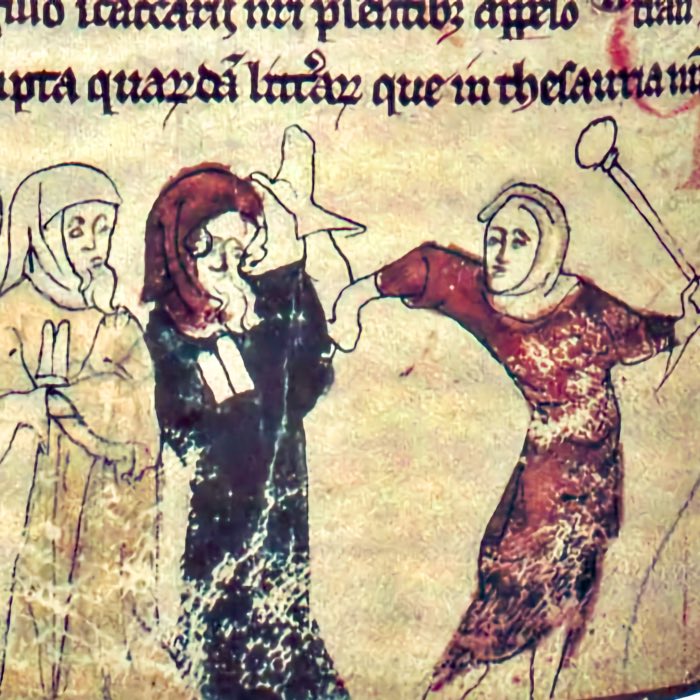
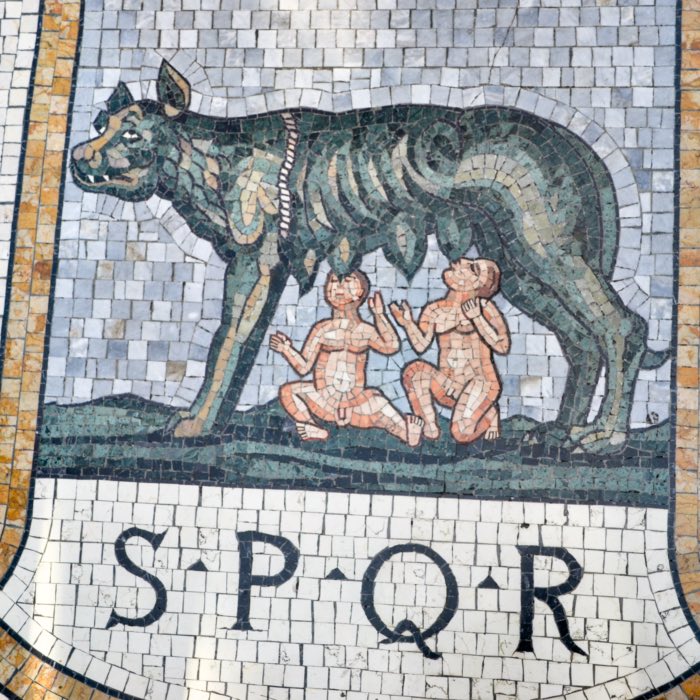
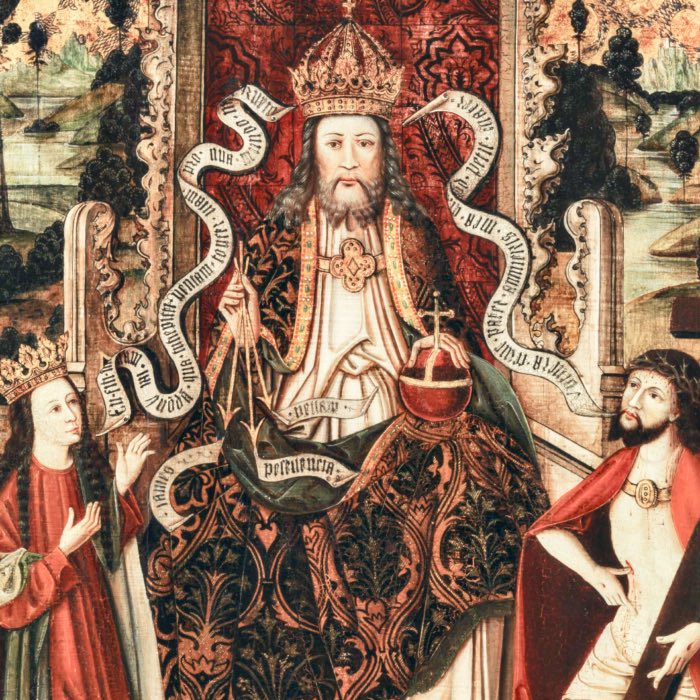
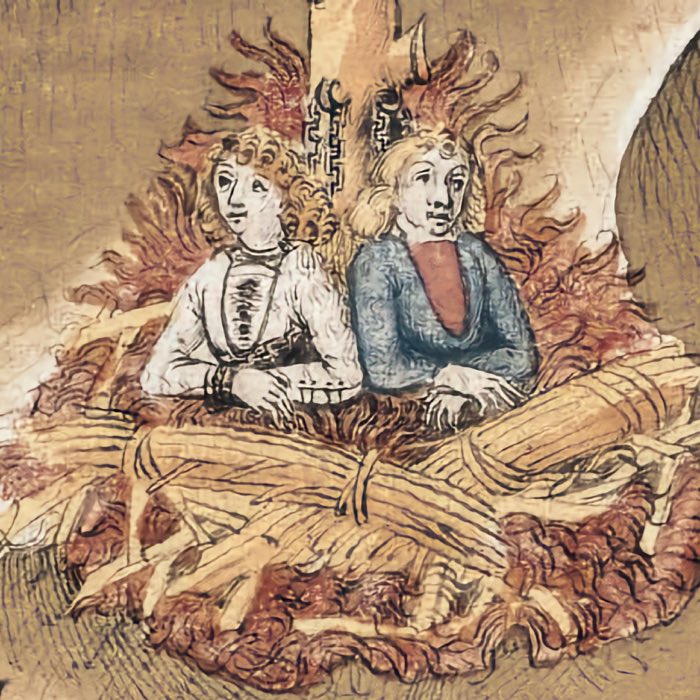
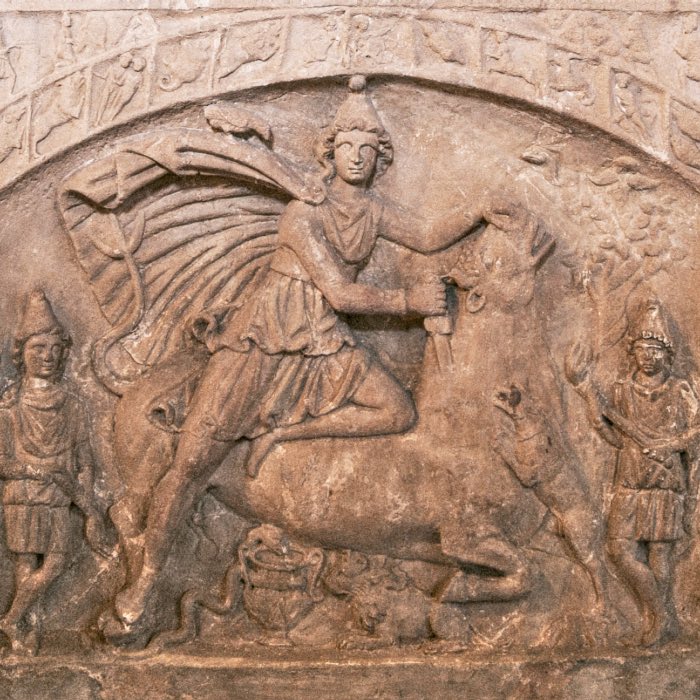
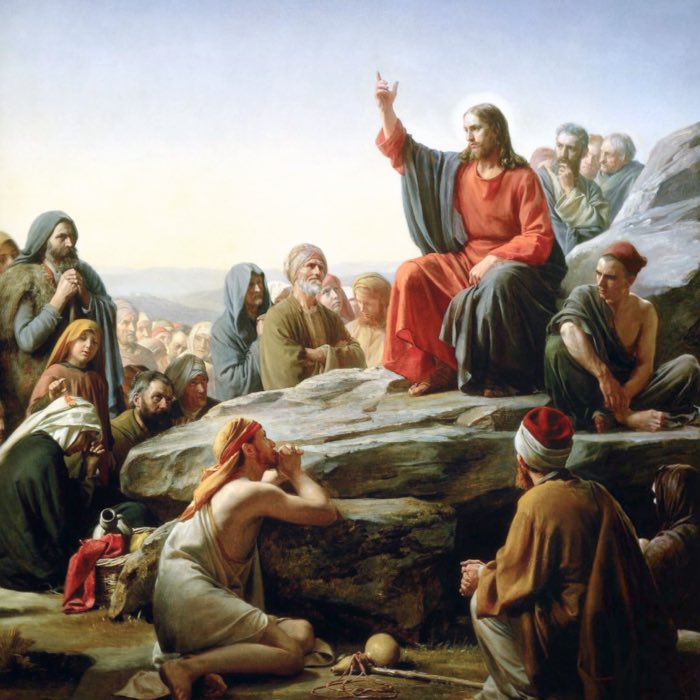

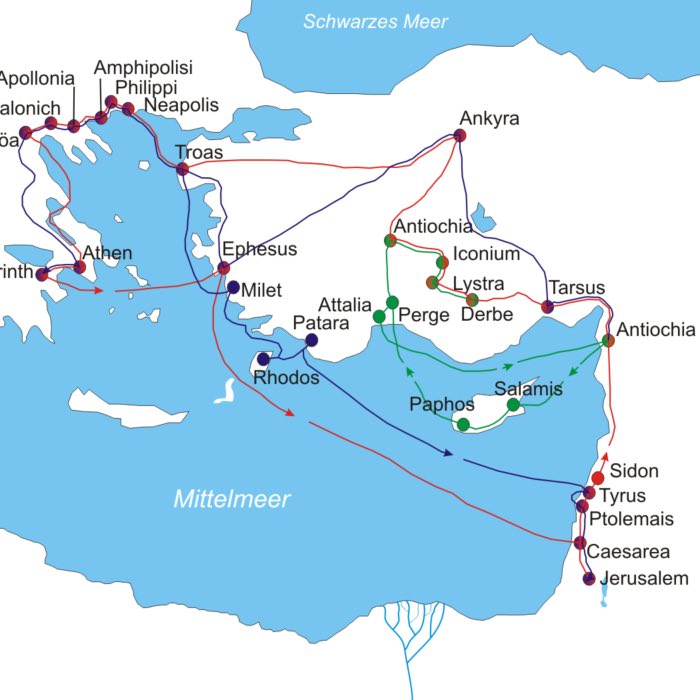
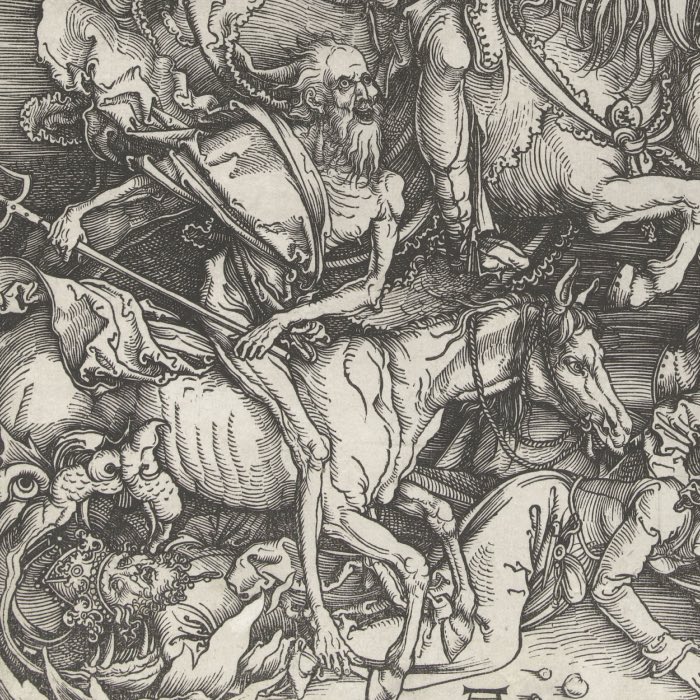
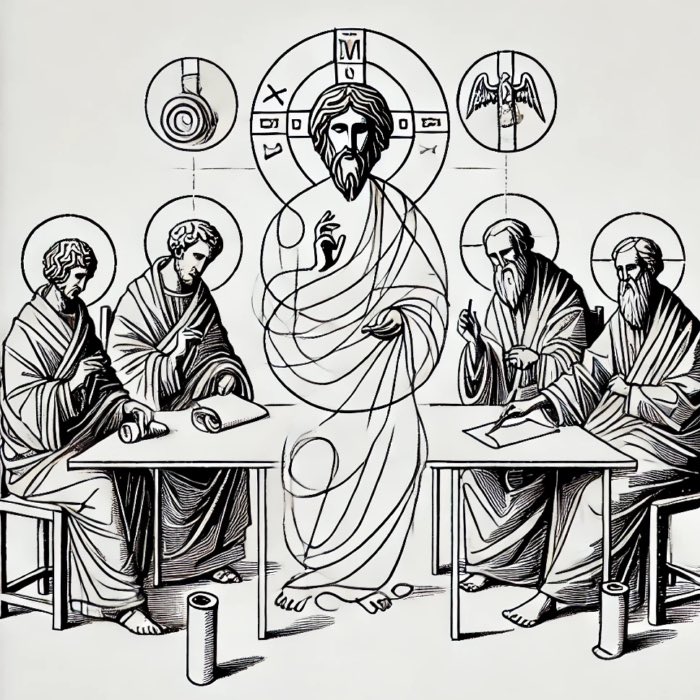
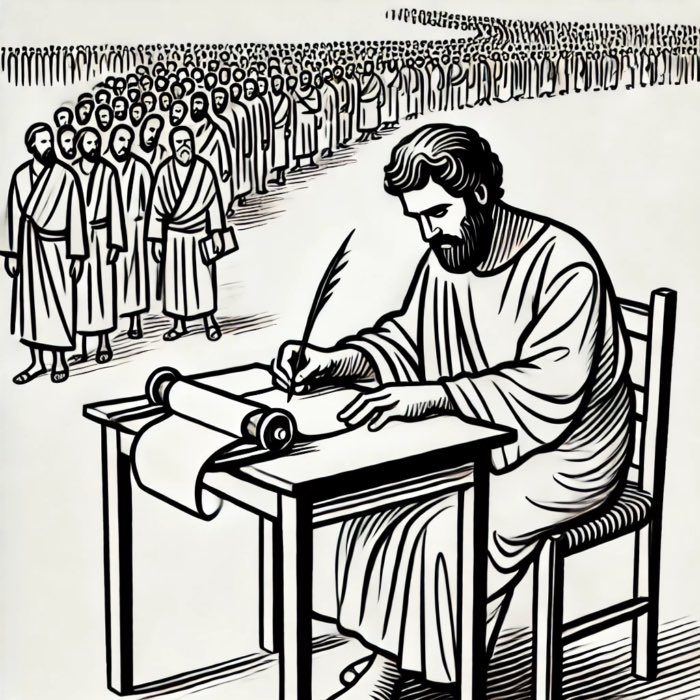
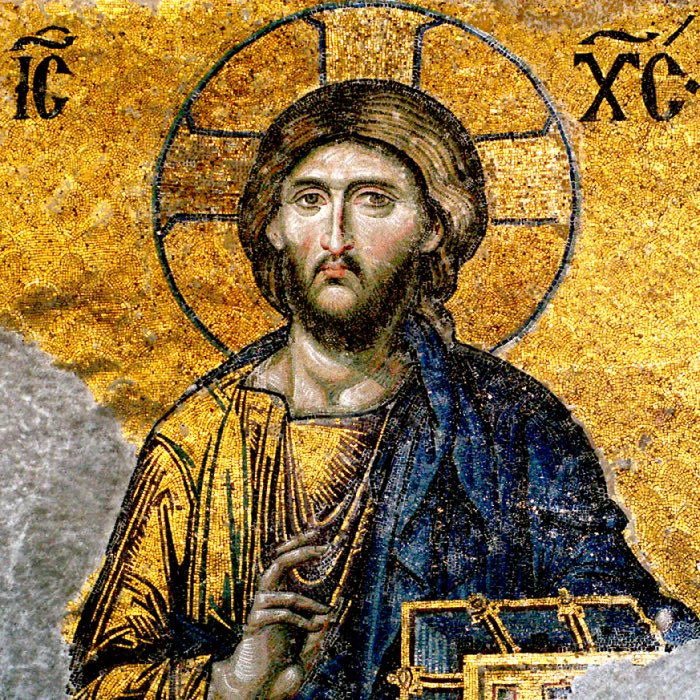
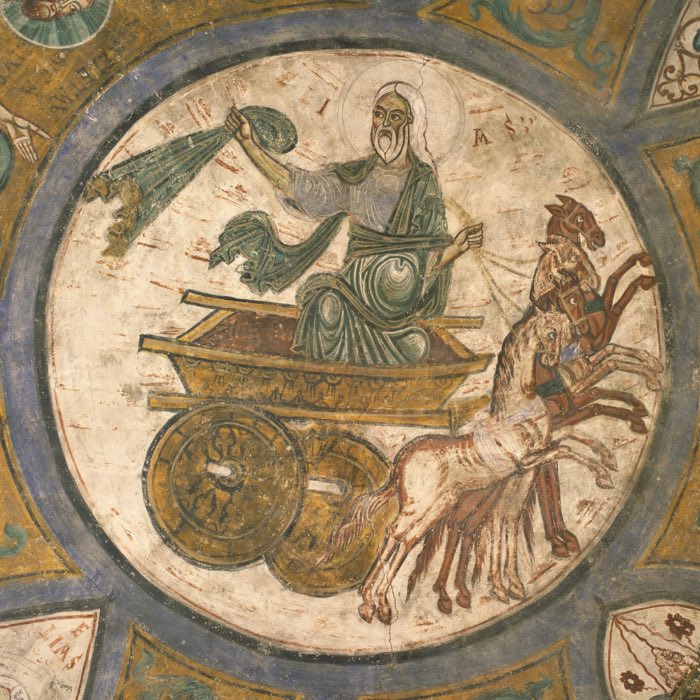
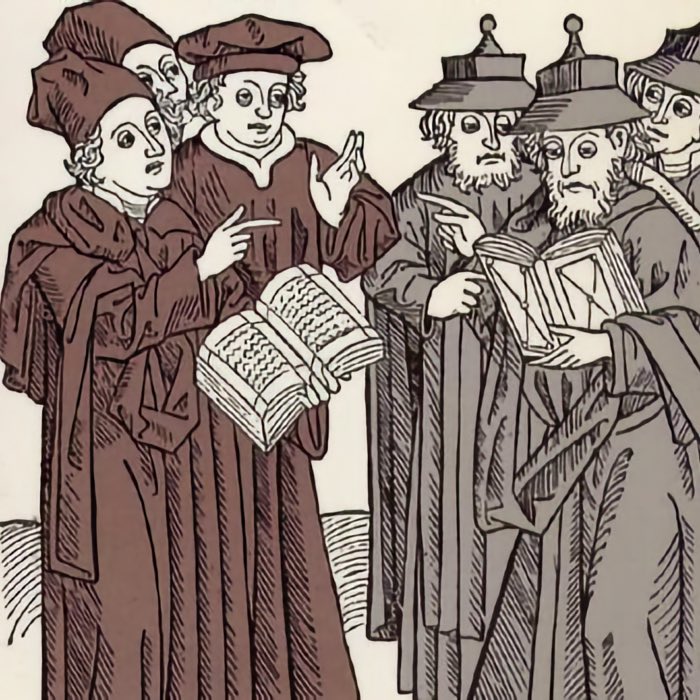



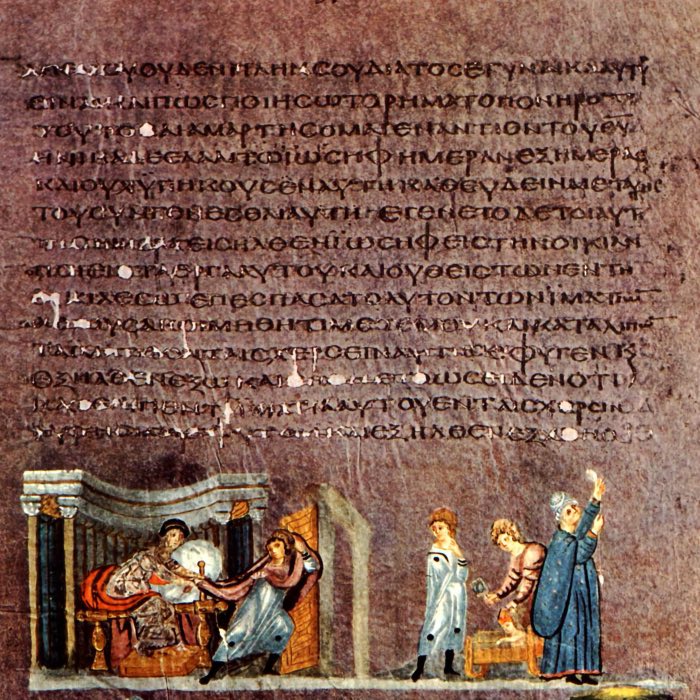

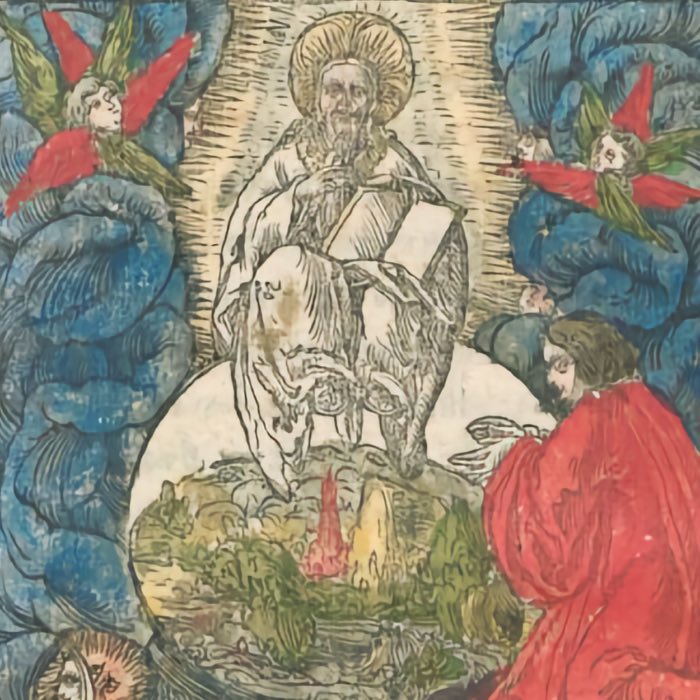
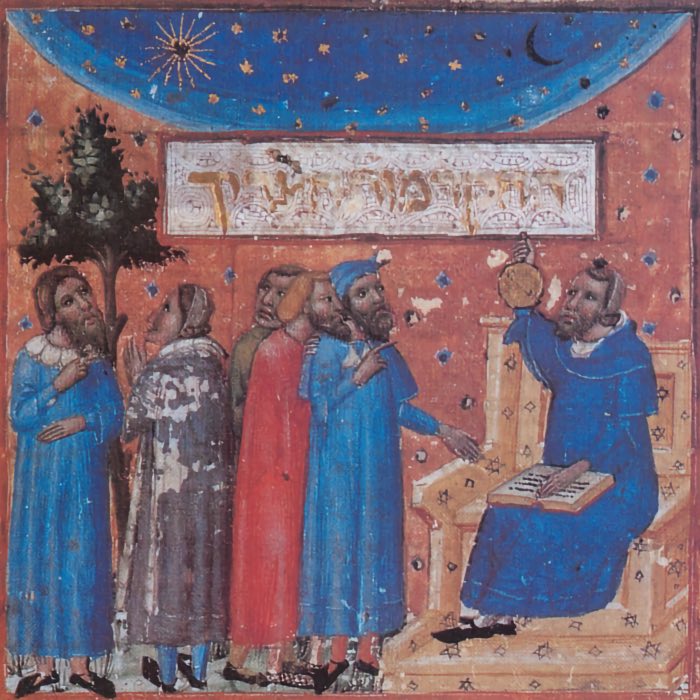
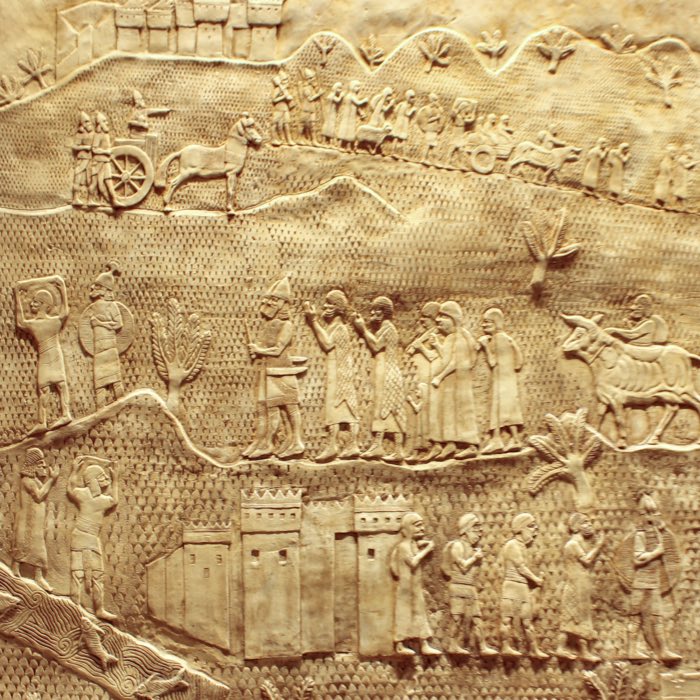
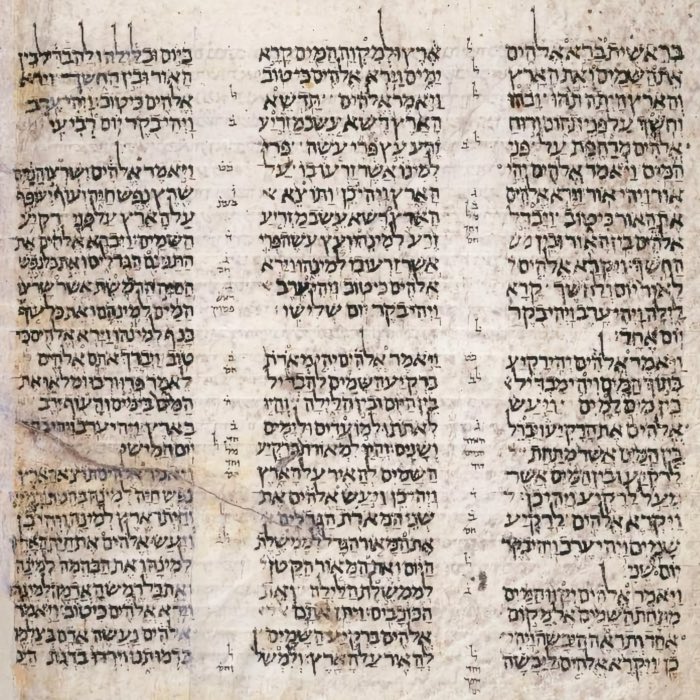
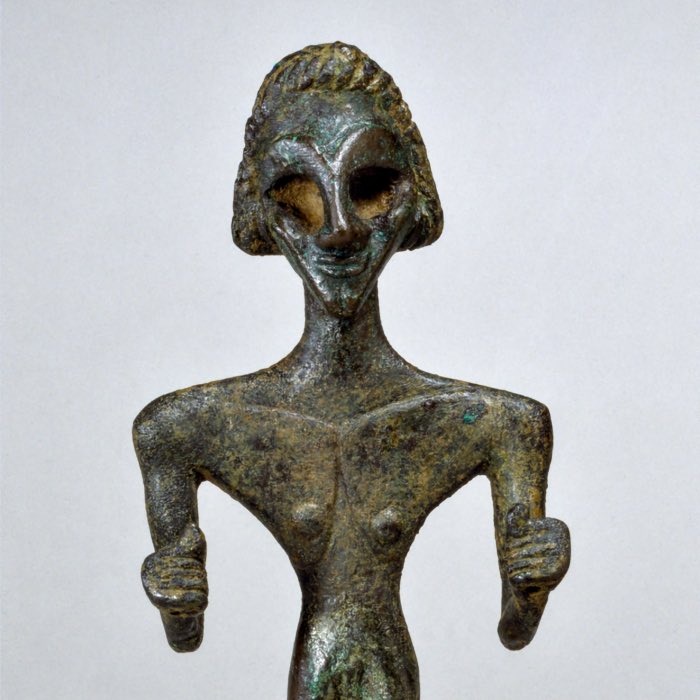
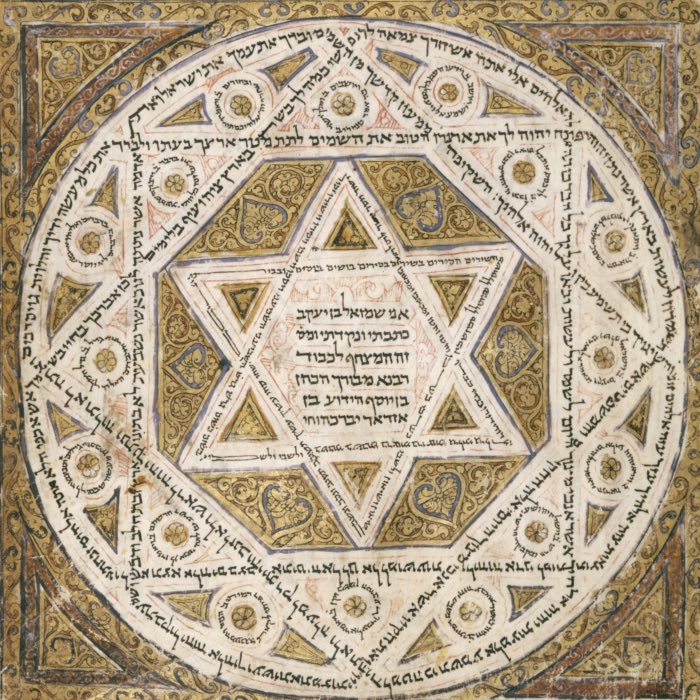



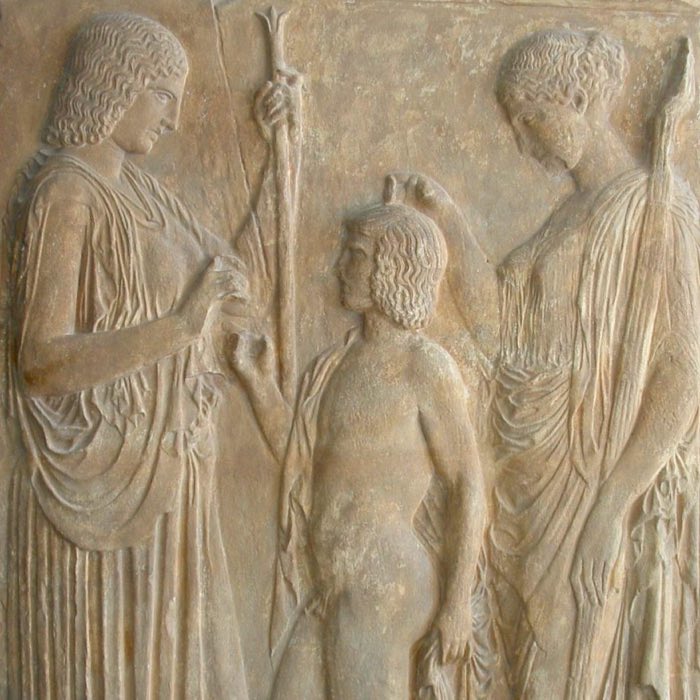
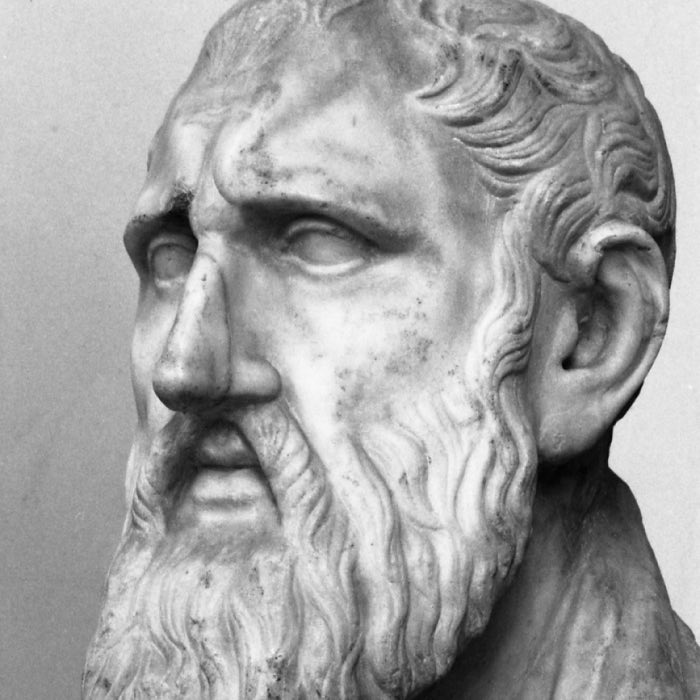
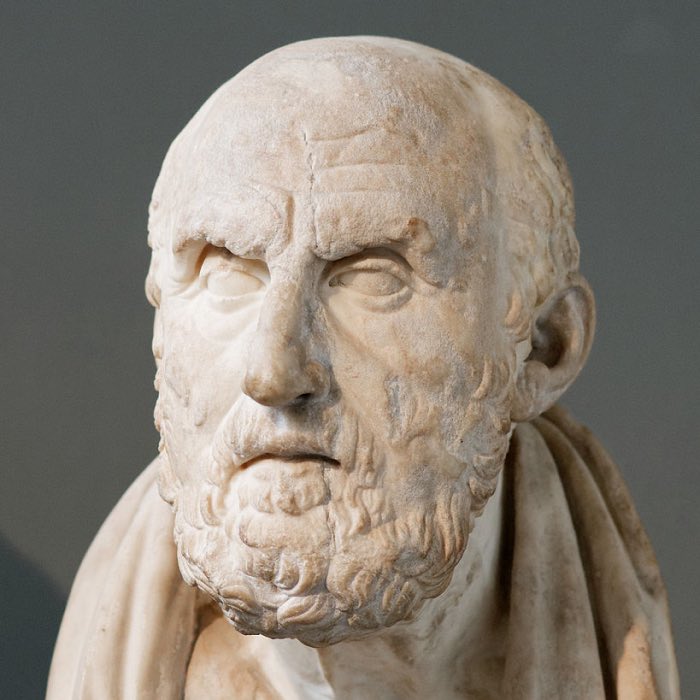
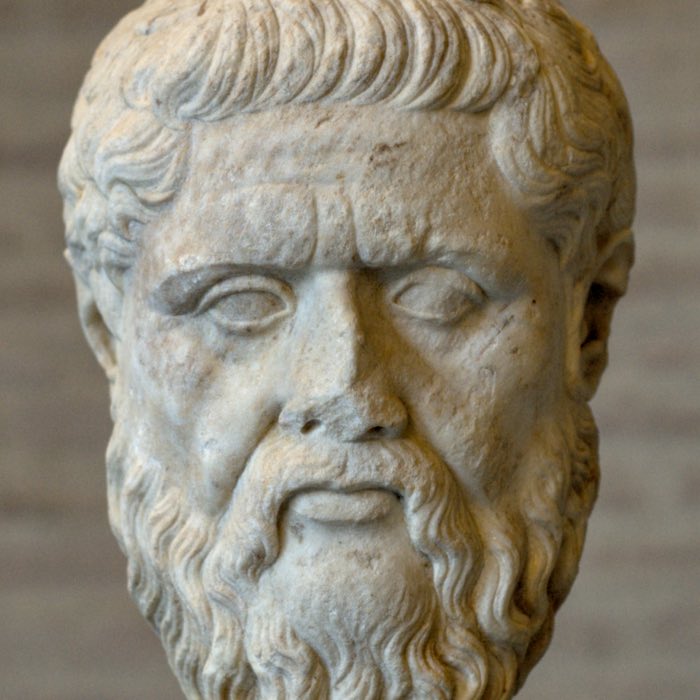
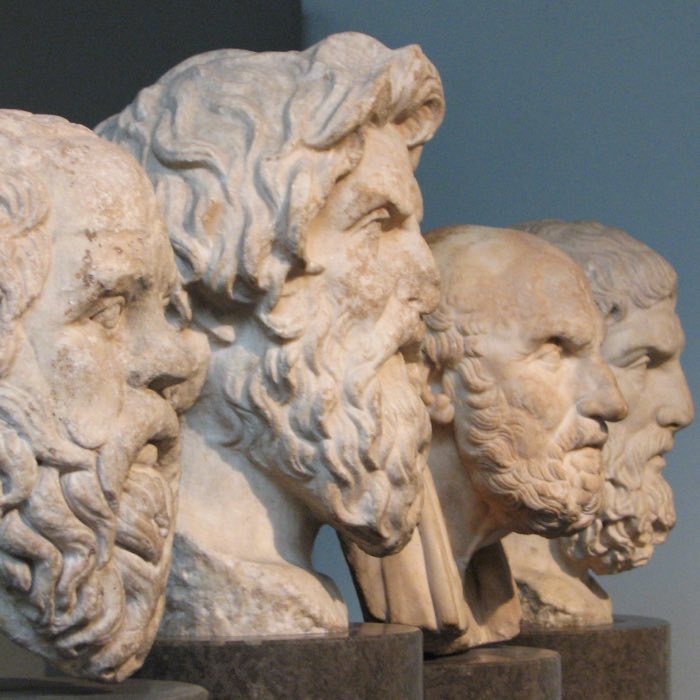
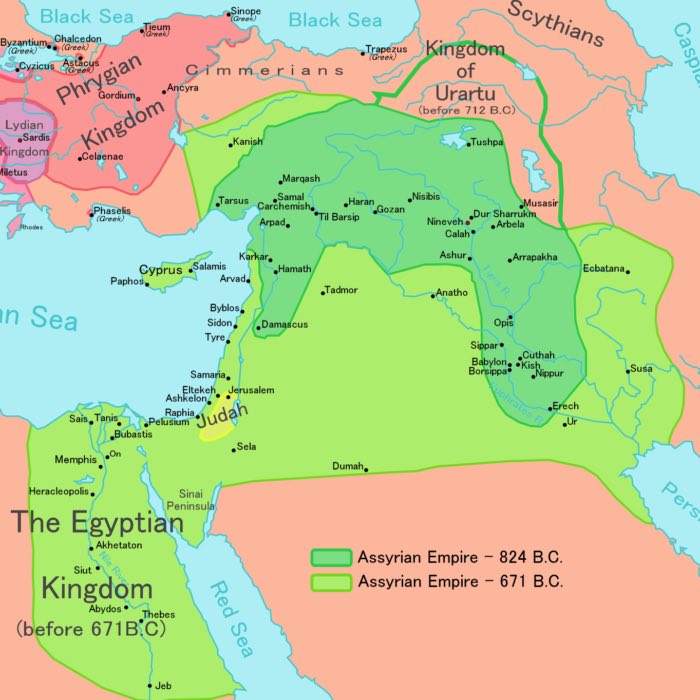
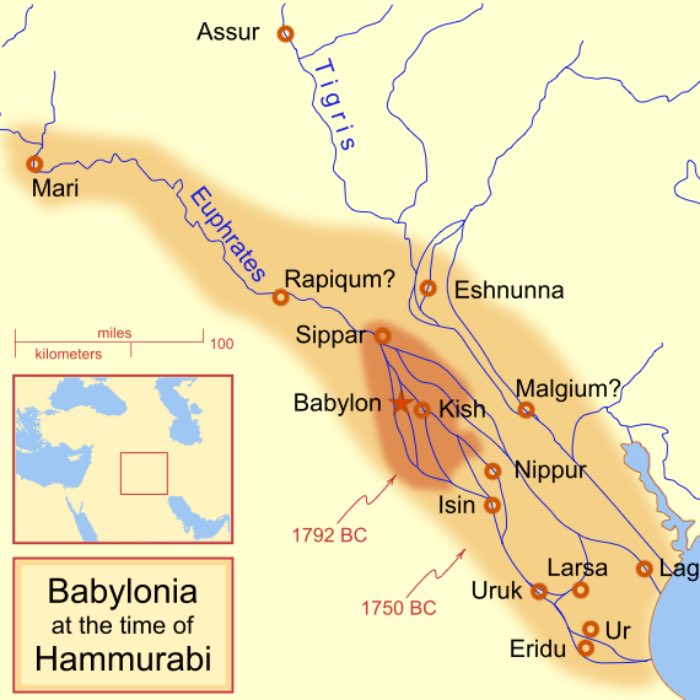
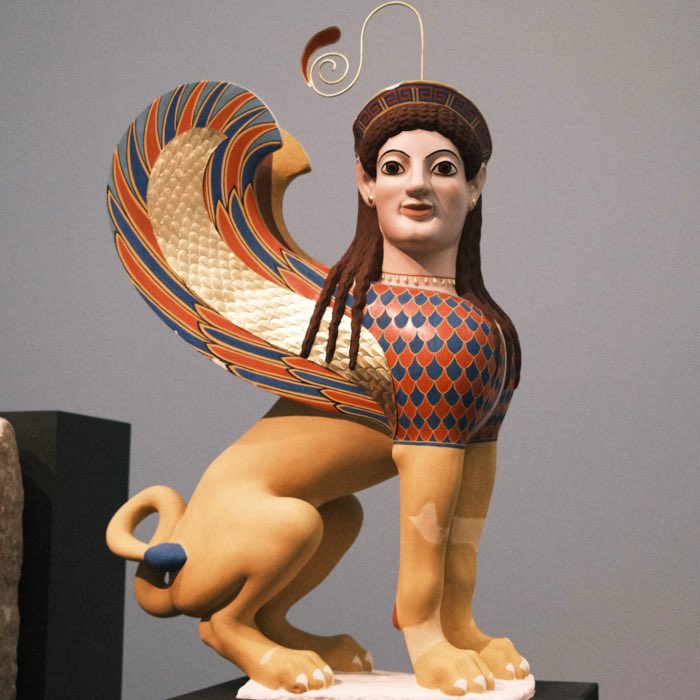

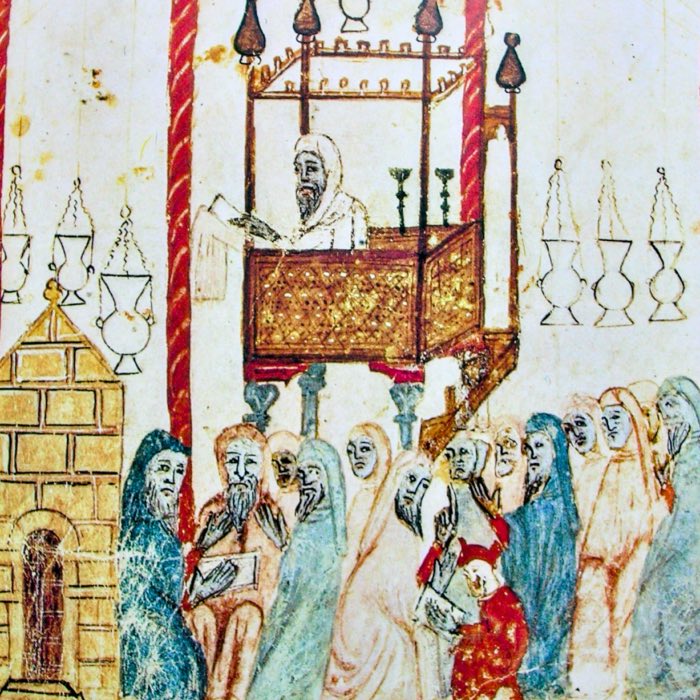
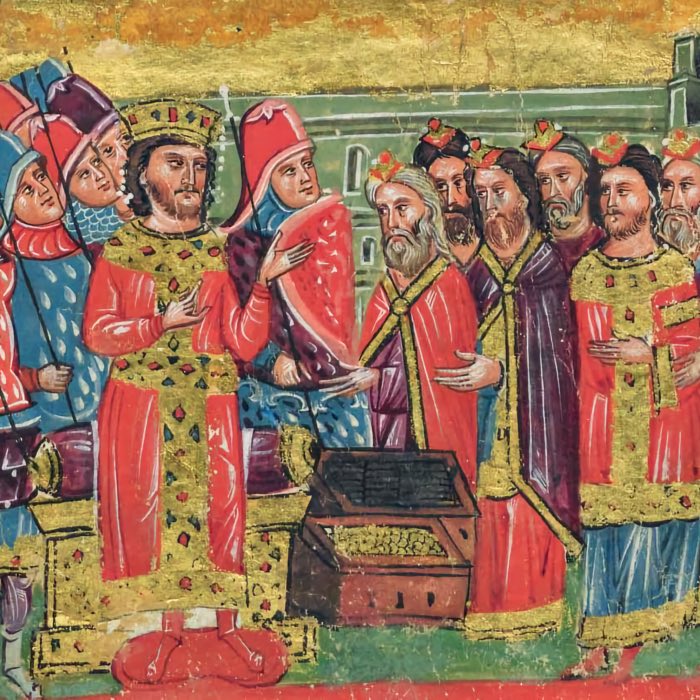
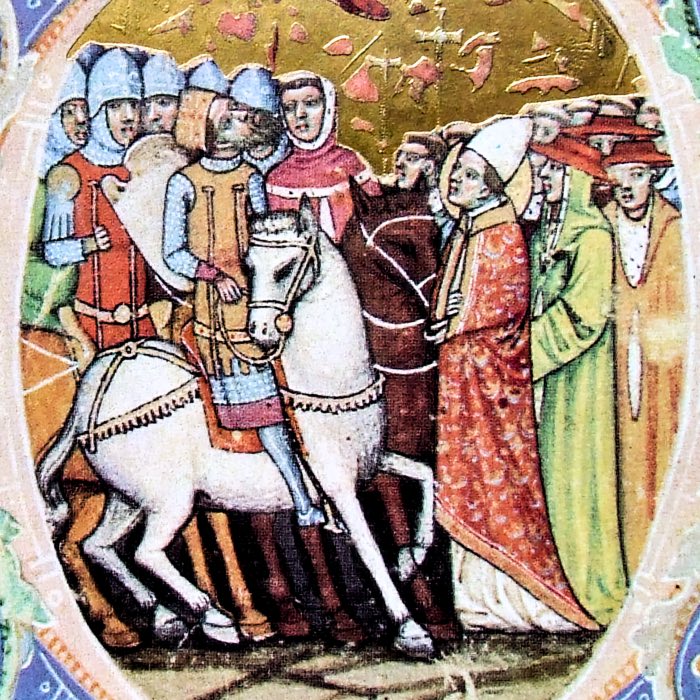
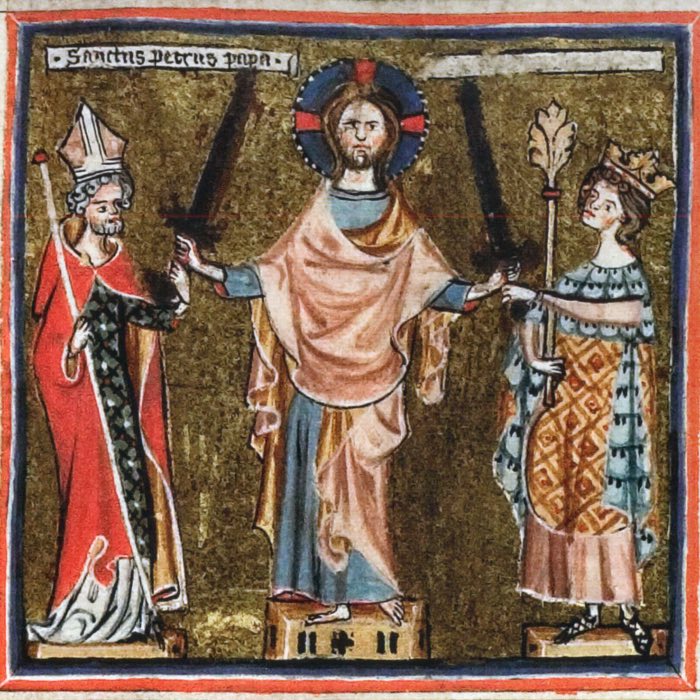
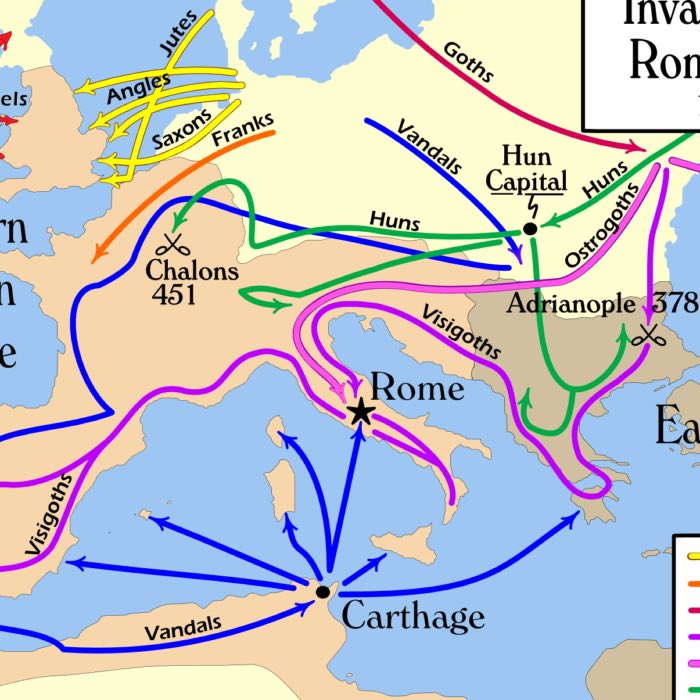
comments